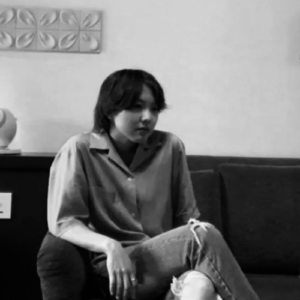
Have you ever been asked by a Japanese person, "What's your blood type?" For people outside of Japan, this question is probably unfamiliar, and some might even feel uncomfortable being asked. Here, I will explain why Japanese people are interested in others' blood types, along with some interesting facts about this cultural phenomenon.
Contents
Can personality be determined by blood type?
In Japanese blood type personality theories, each blood type is believed to have certain personality traits. Although this has no scientific basis and is more of a cultural belief or part of fortune-telling, the following are the general personality descriptions for each blood type.
Personality Traits by Blood Type

Type A
- Personality: Serious, meticulous, sensitive, cooperative, introverted
- Description: People with type A blood are cautious, organized, and responsible. They value harmony with others and tend to be neat and tidy.
Type B
- Personality: Free-spirited, individualistic, optimistic, self-centered
- Description: Type B individuals are independent, creative, and express themselves freely. They are often seen as curious and open-minded but can sometimes come off as self-absorbed.
Type O
- Personality: Sociable, natural leader, optimistic, easy-going
- Description: Those with type O blood are sociable and friendly, often taking on leadership roles. Their open and approachable nature makes them well-liked by others.
Type AB
- Personality: Complex, dual-natured, intellectual, calm
- Description: Type AB people are said to have a mix of type A and type B traits. They are rational and calm, yet can also be emotional. They are often seen as unique and multi-faceted.
Blood Type Compatibility
In addition to this, even compatibility can supposedly be determined by blood type. Now, let me say this upfront: please don't dismiss it as nonsense. About 10 years ago, when I was a teenager, there were many people who believed in this theory, but today, not so many people pay attention to it. I hope you can approach it with the same lightheartedness as you would with fortune-telling.
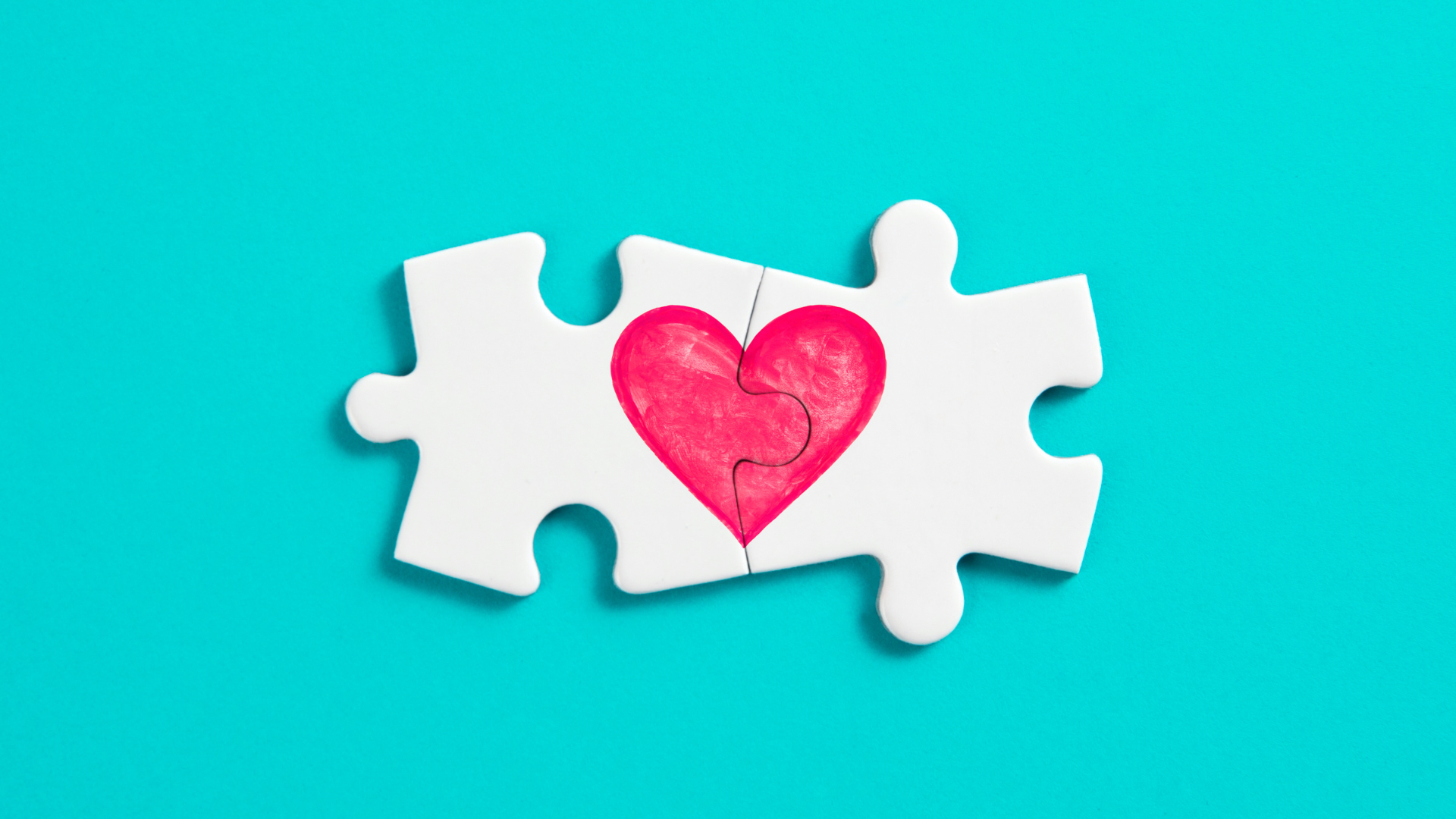
Blood type personality theory also places importance on compatibility between different blood types. Below are the generally accepted pairings:
- Best matches for type A: Type A, Type O
Type A individuals can easily empathize with each other, and type O’s easygoing nature often brings comfort to type A. - Best matches for type B: Type B, Type O
Two type B people can understand each other’s free-spirited nature, and type O tends to be accepting of type B’s independent character. - Best matches for type O: Type O, Type A, Type B
Type O is considered to get along well with many blood types, as they are adaptable to the differences in others. - Best matches for type AB: Type AB, Type B
Two type AB individuals often understand each other’s complex personalities, and type B’s free nature can be a good match for AB’s multifaceted character.
Historical Background of Blood Type Beliefs
To begin with, why did blood type diagnosis become popular in Japan? Of course, there’s a historical background to this, which I will introduce.
1. The Origins of Blood Type Personality Classification
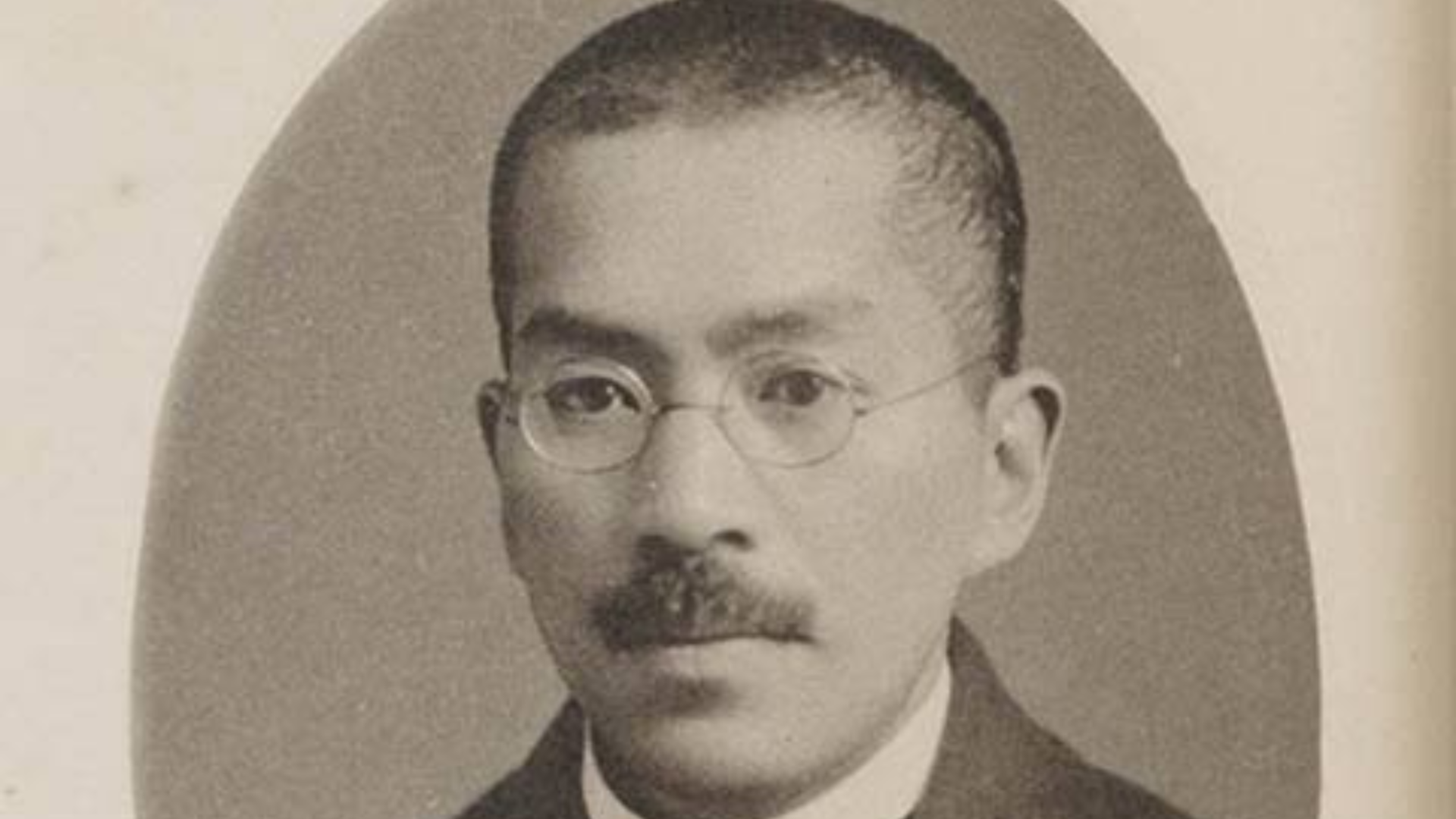
In 1927, Japanese psychologist Takeji Furukawa proposed that blood type could influence personality. Though his theory lacked scientific evidence, it gained attention in some educational and media circles in Japan.
2. The 1980s Boom
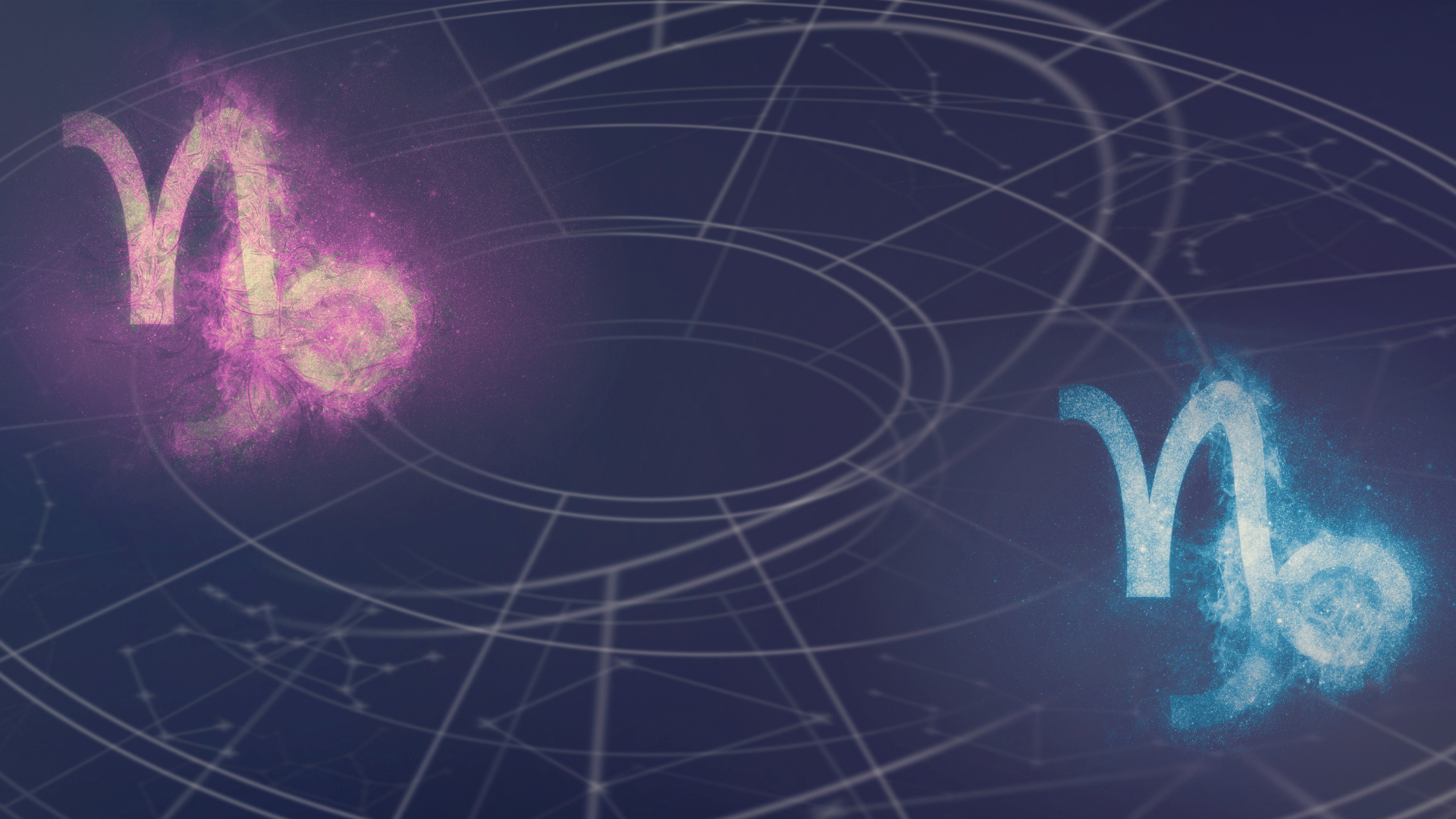
Blood type personality beliefs resurfaced in the 1980s after Masahiko Nomi’s 1971 book *Understanding Compatibility Through Blood Type* became a bestseller. Nomi popularized the idea, spreading it through media and making it a mainstream part of Japanese culture, especially in relationships and social dynamics.
3.Impact on Popular in Japan
During the 1980s and 1990s, blood type personality classification became a common topic in Japanese television, magazines, and books. It was used to analyze romantic compatibility and workplace relationships, and even matchmaking services began using blood type as a criterion for pairing couples.
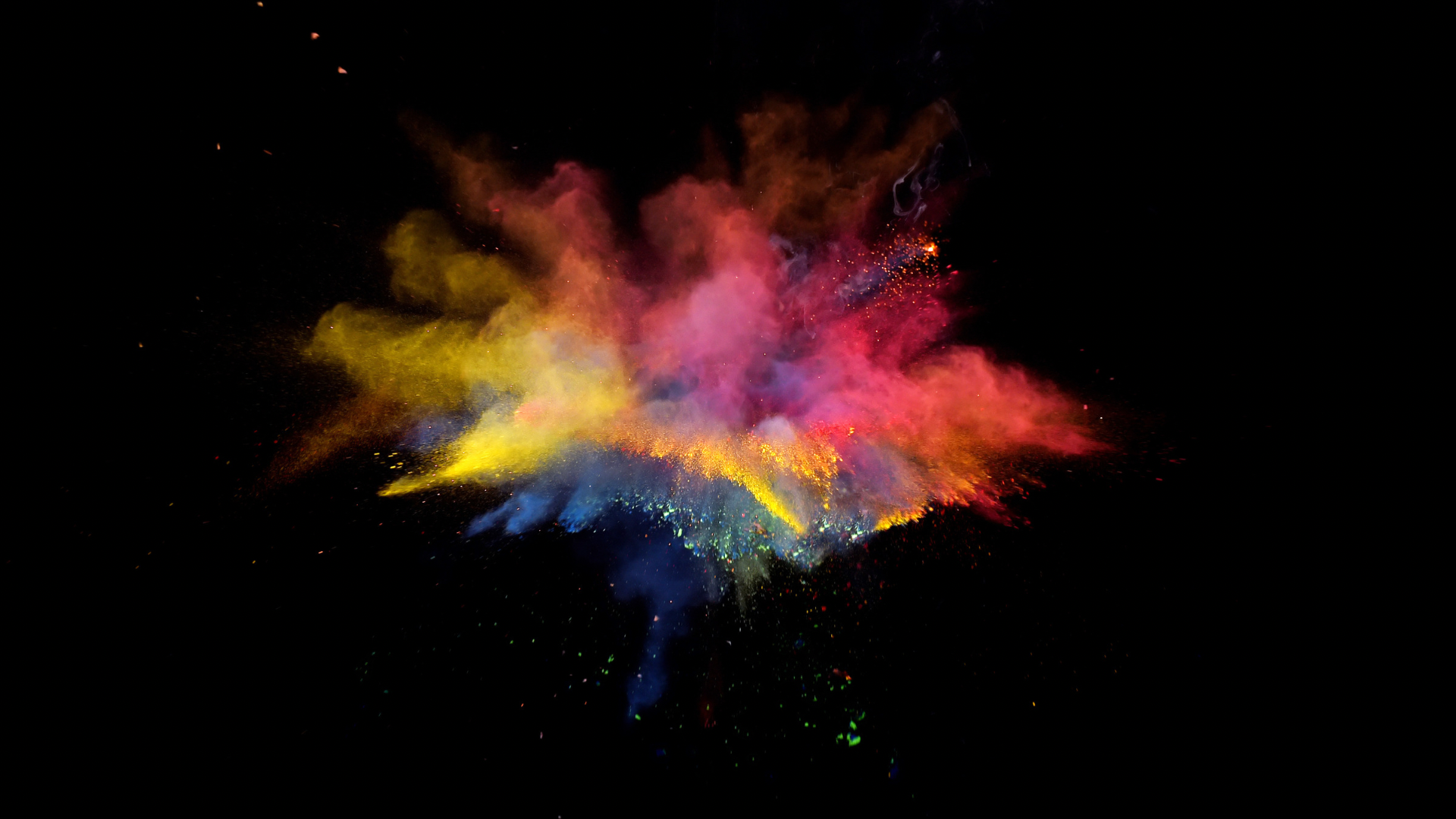
4.Influence in Modern Times
Today, blood type personality beliefs remain popular, especially among older generations. However, younger people are increasingly skeptical, and the idea faces criticism for lacking scientific evidence. Despite this, the belief continues to be a unique part of Japanese culture and is still discussed in media.
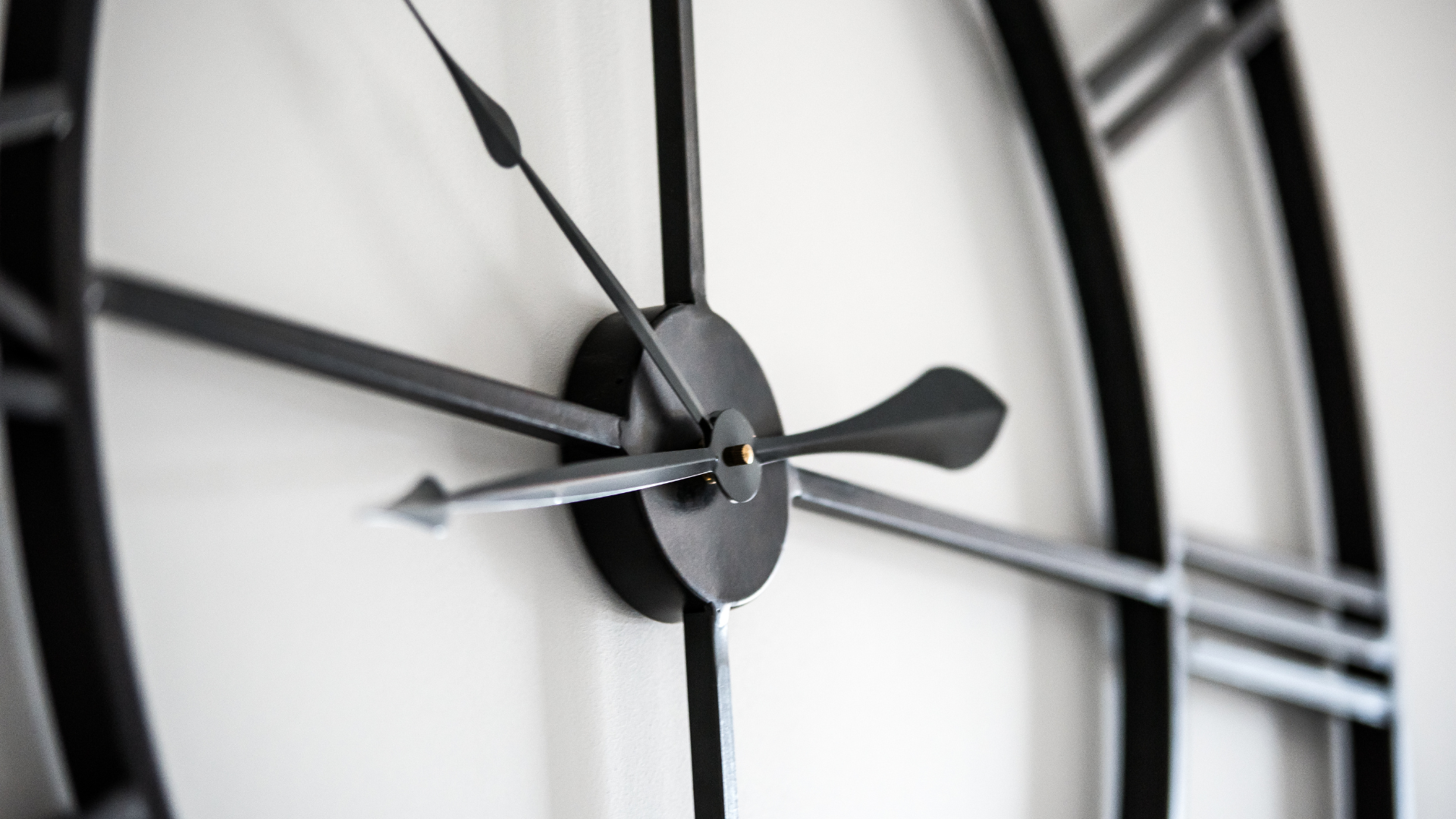
5. Scientific Criticism and Cultural Belief
Despite a lack of scientific evidence linking blood type to personality, the belief persists in Japan. While scientists dismiss the theory, it remains popular as a cultural and entertainment phenomenon, showing how deeply it is ingrained in Japanese society.
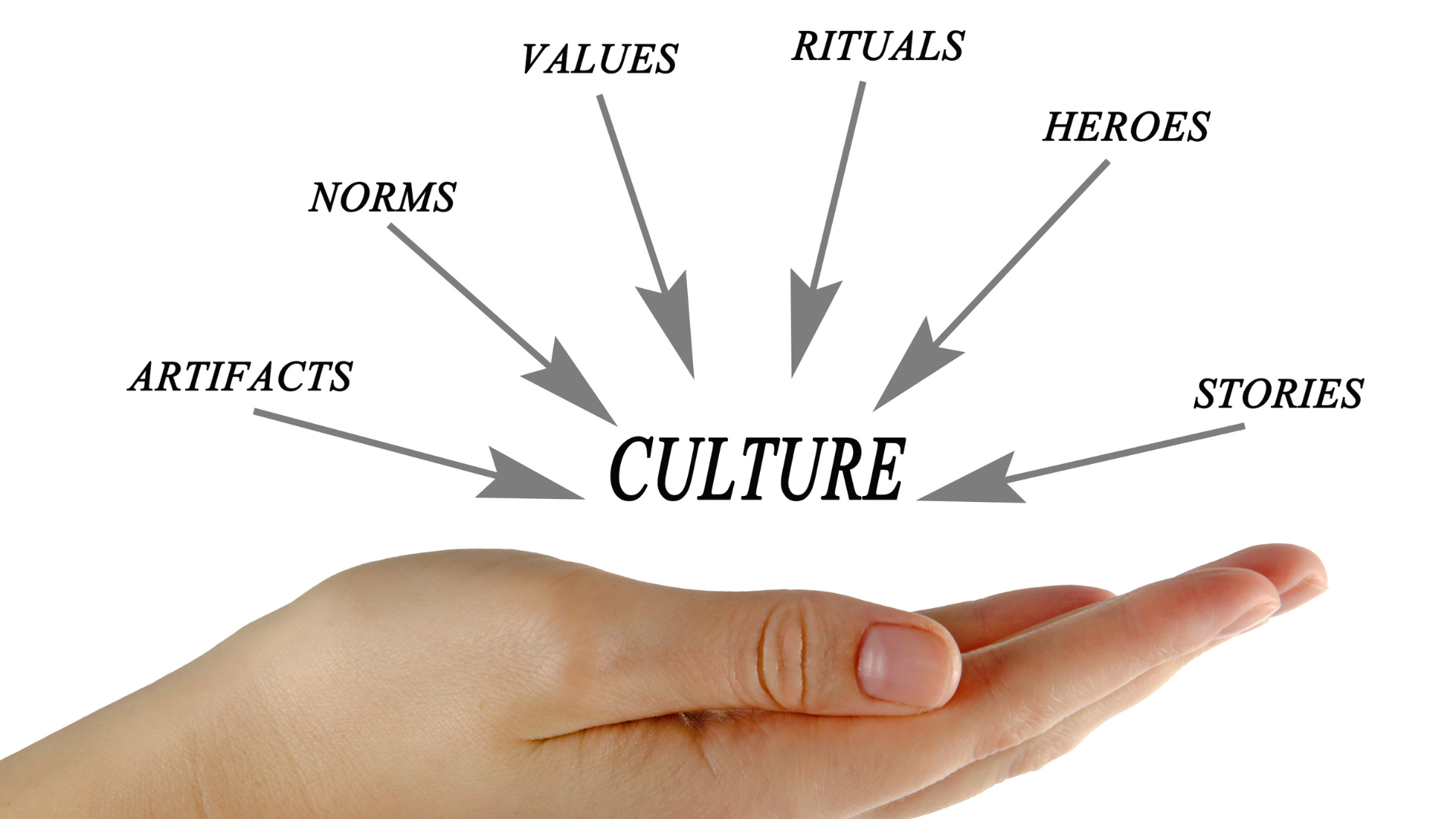
Conclusion
The origins of blood type personality classification date back to Takeji Furukawa's research in the 1920s, and its resurgence in the 1980s was largely due to Masahiko Nomi's book. Despite the lack of scientific evidence, this concept has been deeply ingrained in Japanese media, entertainment, and daily life, influencing many people in Japan even today.
An Interesting Personal Experience
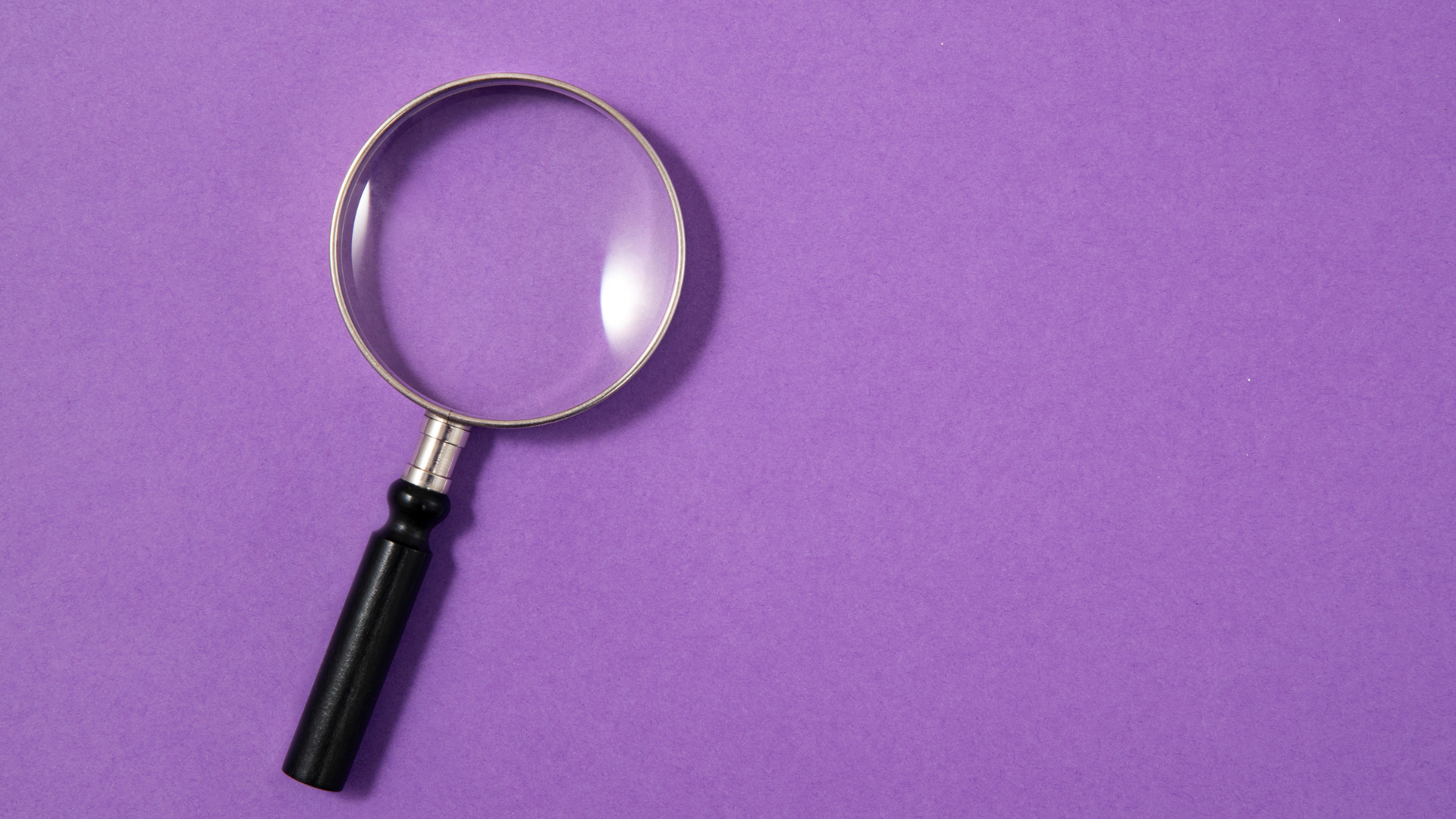
I'll wrap up this discussion by sharing one personal experience.Judging someone's personality based on their blood type is certainly absurd. However, when it comes to Japanese people, this rule seems to have some degree of credibility.
I'll explain why, but first, let me tell you that my blood type is A. And of course, I don't believe that a person's personality can be categorized by their blood type.That said, this custom has existed since my childhood, so in Japan, it became completely normal to ask someone about their blood type almost like it was part of a trendy game.
What’s interesting, though, is that most of the people I’ve felt a strong unpleasant with—or didn’t get along with—were B or AB types. Even more fascinating is that their personalities mostly matched the descriptions based on their blood type, as I explained earlier.
Whether it’s pure coincidence or the result of some subconscious bias, I’m not sure, but it was an intriguing experience nonetheless.It may sound silly, but for those who are interested, I encourage you to try this experiment with the people around you and see if there’s any truth to the blood type theory. And if you’re up for it, I’d love to hear your results through a DM. Haha

